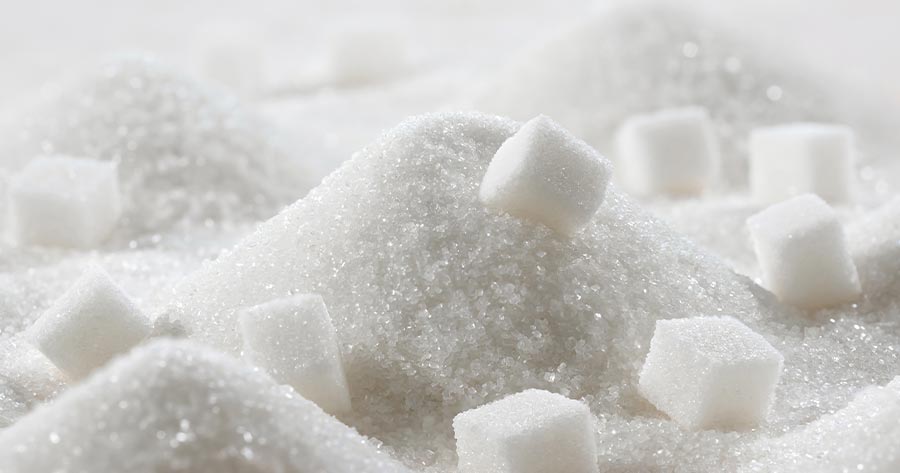The trading of Thai sugar stocks were mixed on Monday, following the report of China’s GACC suspending import of Syrup and Pre-mixed powder from Thailand as an analyst expects limited short-term impact.
As of 12:20 local time in Thailand, the price of Khonburi Sugar Public Company Limited (SET: KBS) fell 2.63% to THB5.55 per share, and Khon Kaen Sugar Industry Public Company Limited (SET: KSL) dropped 1.08% to THB1.84 per share.
Meanwhile, the price of Kaset Thai International Sugar Corporation Public Company Limited (SET: KTIS) was flat and Buriram Sugar Public Company Limited (SET: BRR) gained nearly 1% to THB4.36 per share.
FSS International Investment Advisory (FSSIA) stated in its analysis that China has suspended the import of two types of syrups, Syrup and Pre-mixed powder, from Thailand, citing safety concerns.
The General Administration of Customs of the People’s Republic of China (GACC) received complaints regarding certain syrup and mixed sugar factories not meeting hygiene standards. As a result, China has suspended the registration of new syrup and mixed sugar factories for export from Thailand and halted the import of these two products from Thailand starting December 10, 2024.
The analysis suggests that this situation will pose a negative impact to the sugar group (KSL, BRR, KTIS, KBS), and an indirect impact to domestic sugar sales to syrup manufacturers and exporters. Currently, 74 companies are registered with the GACC, including both Thai and Chinese companies that have set up factories in Thailand to export to China.
Thailand produces approximately 8-9 million tons of sugar annually, with 30% of it, or about 2.5 million tons, being used domestically. Of this domestic consumption, 57% is sold directly to consumers, and the remaining 43% is sold to the industrial sector for use in food and beverage manufacturing. The remaining 70% of production is exported, including raw sugar, white sugar, and molasses.
In 2023, Thailand’s exports of sugar and molasses were valued at USD 3.52 billion, with 50% being raw sugar, 49% white sugar, and 1% other products. The largest export destination was Indonesia, accounting for 31% of the total, followed by the Philippines at 11%. Meanwhile, China ranked 10th, with approximately 2.4% of total exports.
As for the export value of Thai syrup and mixed sugar, it was USD 864 million, with China receiving the largest share, accounting for 96% of the total export value.
Moreover, in addition to safety concerns, it is speculated that China’s increased sugar production may be a factor that has led the country to prioritize the use of domestic raw materials. 87% of China’s imports of sugar products, including syrup, artificial honey, and other sweeteners, come from Thailand, due to the ASEAN-China Free Trade Agreement, which exempts Thailand from the 0% import tax. Furthermore, Thailand ranks as the 5th largest sugar producer and the 2nd largest exporter in the world.
The direct impact of this suspension affects syrup exporters, while sugar factories can continue exporting raw sugar as usual. However, if the suspension persists, it may affect the amount of sugar sold to certain industries. Initially, the impact is expected to be limited, as most of the sugar sales are directed to food and beverage producers.





